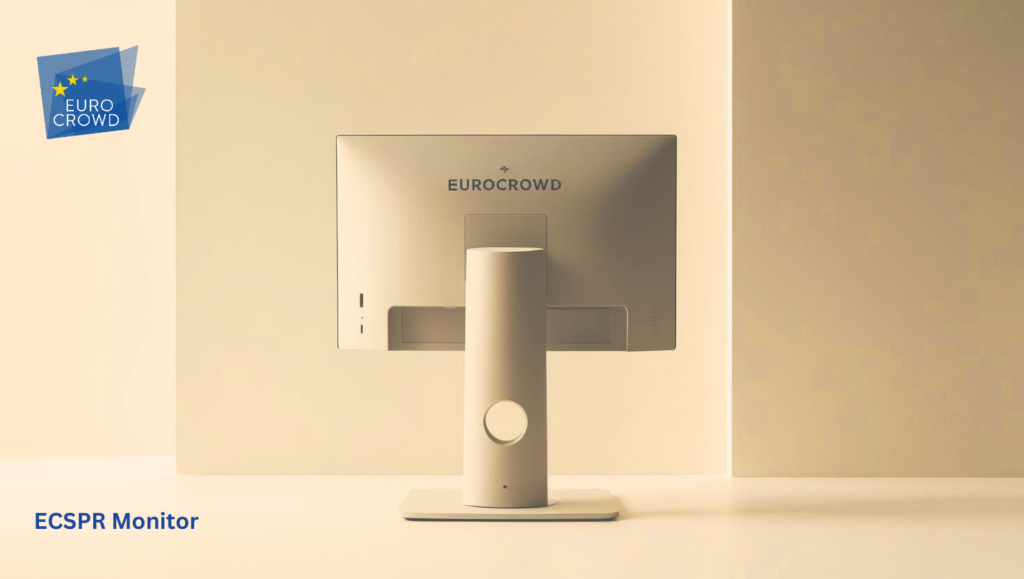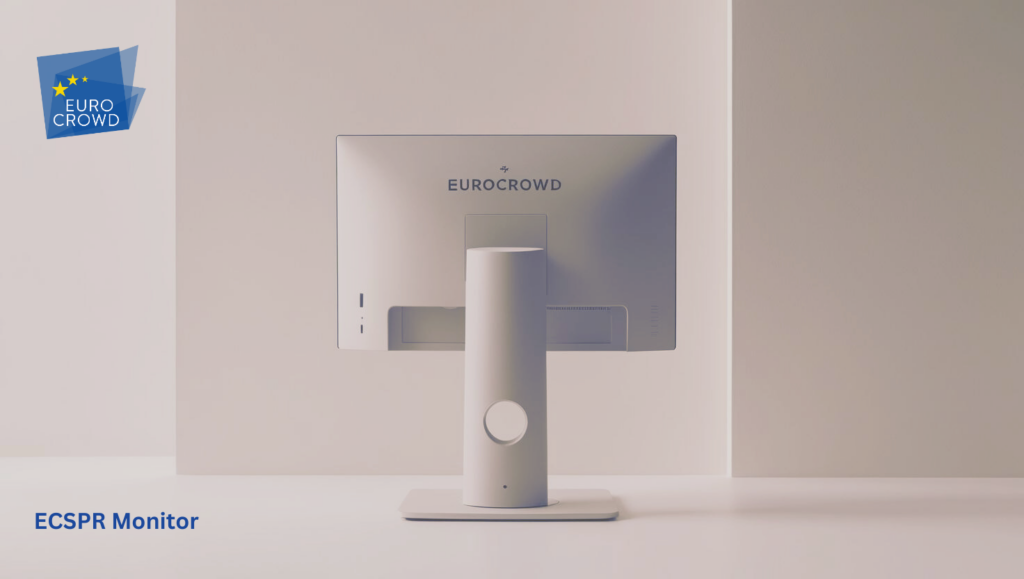As the European Union intensifies its efforts against money laundering and terrorist financing, the forthcoming AML framework—most notably Regulation (EU) 2024/1624—will have significant implications for ECSP-licensed crowdfunding platforms. While the ECSPR already provides certain safeguards, the evolving regulatory landscape necessitates proactive measures to ensure full compliance and reinforce market integrity.
The Regulatory Landscape
Already in May 2024, EU lawmakers adopted a comprehensive AML/CFT reform. The legislation imposes stronger AML/CFT obligations on all ‘obliged entities’. The new framework is demanding and detailed. It is a good idea to start updating internal policies, procedures and controls. The expanded obligations will apply as of 2027 and preparation might require time and cost.
The whole package consists of three seperate files:
- AML Regulation, AMLR (Regulation (EU) 2024/1624 on the prevention of the use of the financial system for the purposes of money laundering or terrorist financing).
- 6th AML Directive, AMLD6 (Directive (EU) 2024/1640 on the mechanisms to be put in place by Member States for the prevention of the use of the financial system for the purposes of money laundering or terrorist financing).
- AMLA Regulation, (Regulation (EU) 2024/1620 establishing the Authority for Anti-Money Laundering and Countering the Financing of Terrorism).
Why this should concern crowdfunding? ECSPR mandates that crowdfunding service providers (CSPs) either hold a payment services license or collaborate with authorized payment service providers (PSPs), ensuring a relevant level of AML oversight. However, the new AML Regulation aims to harmonize AML/CFT obligations across the EU, applying to all ‘obliged entities’ and therefore likely extending direct obligations to ECSP-licensed platforms. CSPs should clarify with their advisors if and how their operations will affected and take relevant steps early on.
Potential Steps for ECSP-Licensed Platforms
- Assess and Update Internal Policies:
Review existing AML/CFT policies to align with the forthcoming regulations. Ensure that procedures for customer due diligence (CDD), transaction monitoring, and suspicious activity reporting are robust and comprehensive. - Enhance Governance Structures:
Designate a dedicated AML compliance officer and establish an independent audit function to oversee AML/CFT measures. Senior management should be actively involved in overseeing compliance efforts. - Strengthen Customer Due Diligence:
Implement rigorous CDD processes, including verifying the identity of project owners and investors, understanding the nature of their activities, and assessing the purpose of transactions. - Monitor Beneficial Ownership:
Stay informed about changes in beneficial ownership thresholds and ensure accurate identification and verification of ultimate beneficial owners (UBOs) associated with projects and investments. - Invest in Training and Awareness:
Provide regular training to staff on AML/CFT obligations, emerging risks, and best practices. Cultivate a culture of compliance throughout the organization. - Engage with Regulatory Developments:
Monitor guidance and technical standards issued by the European Anti-Money Laundering Authority (AMLA) and national competent authorities to stay abreast of evolving requirements.
Transparency and Investor Protection: The Core of AML and ECSPR
Crowdfunding platforms should recognize that AML compliance is not merely a legal obligation—it is a fundamental pillar of the ECSPR’s broader purpose: ensuring transparency, building investor confidence, and safeguarding the integrity of the market. By fostering transparent fundraising environments and deterring illicit activity, AML measures serve the ultimate goal of protecting both investors and legitimate project owners from reputational, financial, and legal risks.
What Investors and Project Owners Should Look For
Investors and project owners alike have a role to play in maintaining a trustworthy crowdfunding ecosystem. When selecting a crowdfunding service provider, they should:
- Verify ECSP Licensing: Ensure the platform is authorized under the ECSPR by checking with the relevant national or EU registry.
- Look for Transparent Onboarding: Legitimate CSPs will conduct clear and thorough onboarding, including identity verification and risk assessments.
- Expect Clear AML Communication: Reputable platforms will openly communicate their AML policies, including how they protect user data and monitor suspicious activity.
- Assess Governance and Dispute Mechanisms: Look for signs of good governance—such as an identified compliance officer and a defined complaints process.
Choosing a platform that upholds AML and ECSPR standards helps protect all users from fraud, misuse of funds, and regulatory fallout.
Preparing for the Future
The AML Regulation is set to apply from July 2027, providing a critical window for ECSP-licensed platforms to adapt and reinforce their AML/CFT frameworks if and where necessary. Proactive engagement with these regulatory changes will not only ensure compliance but also strengthen market credibility and investor trust. CSPs will do well engaging early with professional advise to ensure full compliance.
ECSP-licensed crowdfunding platforms can position themselves at the forefront of regulatory compliance—a clear differentiation from grey capital market actors—contributing meaningfully to the transparency, resilience, and sustainability of the European financial system.



